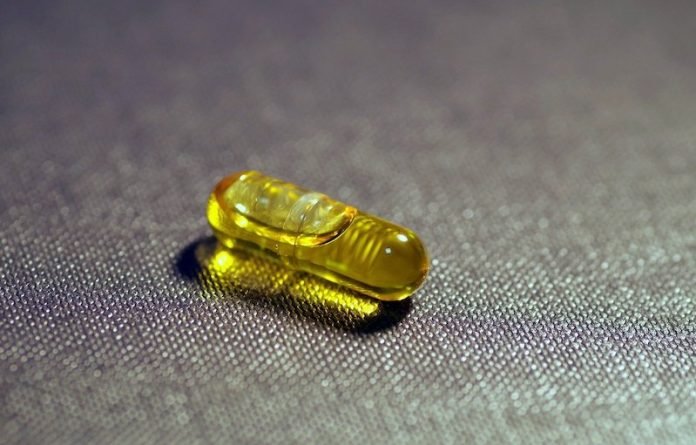
Scientists recently found that ‘overdosing’ on vitamin D supplements is both possible and harmful.
They treated a man who needed hospital admission for his excessive vitamin D intake.
The research is published in the journal BMJ Case Reports.
‘Hypervitaminosis D’, as the condition is formerly known, is on the rise and linked to a wide range of potentially serious health issues.
In the study, a middle-aged man was referred to the hospital by his family doctor after complaining of recurrent vomiting, nausea, abdominal pain, leg cramps, tinnitus (ringing in the ear), dry mouth, increased thirst, diarrhea, and weight loss (28 lbs or 12.7 kg).
These symptoms had been going on for nearly 3 months and had started around 1 month after he began an intensive vitamin supplement regimen on the advice of a nutritional therapist.
The man had had various health issues, including tuberculosis, an inner ear tumor (left vestibular schwannoma), which had resulted in deafness in that ear, a build-up of fluid in the brain (hydrocephalus), bacterial meningitis, and chronic sinusitis.
He had been taking high doses of more than 20 over-the-counter supplements every day containing: vitamin D 50000 mg—the daily requirement is 600 mg or 400 IU; vitamin K2 100 mg (daily requirement 100–300 μg); vitamin C, vitamin B9 (folate) 1000 mg (daily requirement 400 μg); vitamin B2 (riboflavin), vitamin B6, omega-3 2000 mg twice daily (daily requirement 200–500 mg), plus several other vitamins, mineral, nutrient, and probiotic supplements.
Once symptoms developed, he stopped taking his daily supplement cocktail, but his symptoms didn’t go away.
The results of blood tests showed that he had very high levels of calcium and slightly raised levels of magnesium. And his vitamin D level was 7 times over the level required for sufficiency.
The tests also found that his kidneys weren’t working properly (acute kidney injury). The results of various X-rays and scans to check for cancer were normal.
The man stayed in the hospital for 8 days, during which time he was given intravenous fluids to flush out his system and treated with bisphosphonates—drugs that are normally used to strengthen bones or lower excessive levels of calcium in the blood.
Two months after discharge from the hospital, his calcium level had returned to normal, but his vitamin D level was still abnormally high.
The team says recommended vitamin D levels can be obtained from the diet (eg wild mushrooms, oily fish), exposure to sunlight, and supplements.
The symptoms of hypervitaminosis D include drowsiness, confusion, apathy, psychosis, depression, stupor, coma, anorexia, abdominal pain, vomiting, constipation, peptic ulcers, pancreatitis, and high blood pressure, abnormal heart rhythm, and kidney abnormalities, including renal failure.
If you care about supplements, please read studies about daily vitamin that is critical to cancer prevention, and this natural food supplement may help relieve anxiety.
For more information about nutrition, please see recent studies about why vitamin K is so important for older people, and results showing how vitamin C could help over 50s retain muscle mass.
Copyright © 2022 Knowridge Science Report. All rights reserved.



